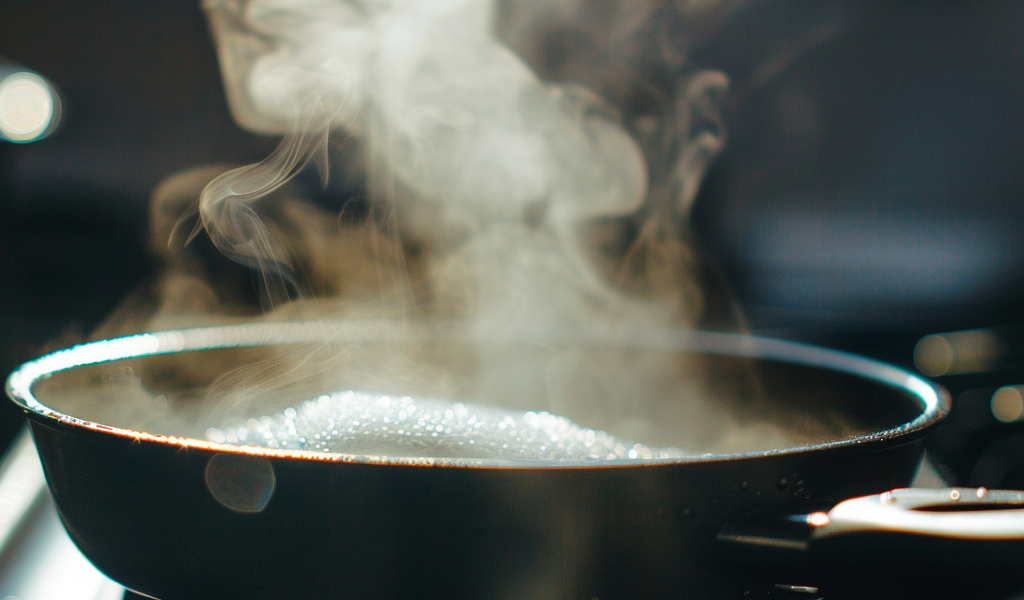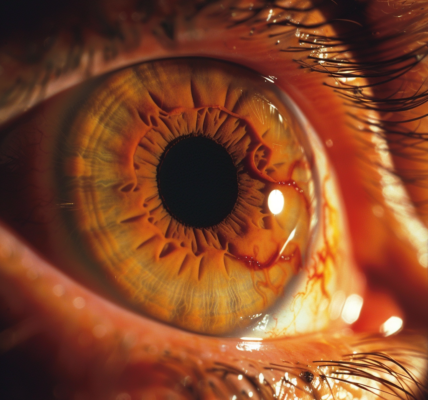Over the last two decades, poison centers in the United States have received more than 3,600 reports of suspected cases of “polymer fume fever,” a flu-like illness linked to a chemical coating found on some nonstick pans.
The condition has been colloquially referred to as “Teflon flu,” after the trade name of a popular nonstick coating. But the health questions are not specific to any particular manufacturer.
Last year, there were 267 suspected cases of the little-known illness, which is believed to be one of the highest reported totals since 2000, according to America’s Poison Centers, a nonprofit organization that oversees 55 U.S. poison centers.
Teflon and many other nonstick pans are made with polytetrafluoroethylene (PTFE), which belongs to the larger class of substances known as PFAS (per- and polyfluoroalkyl substances) — or “forever chemicals,” because of their ability to persist in the environment for years.
Studies have found nonstick pans made with PTFE are safe to cook with when used as instructed. But at very high temperatures — when a nonstick pan is exposed to temperatures above 500 degrees Fahrenheit — the coating can start to degrade and burn off potentially harmful fumes.
Julie Weber, the director of the Missouri Poison Center, said questions about how to use nonstick pans are more common than reports of polymer fume fever. Weber said it’s important to use the pans as directed. “A lot of this comes down to a person really not cutting corners, following directions and using things properly,” she said.
So how should you use nonstick pans? The Washington Post spoke to several experts about polymer fume fever and the coating on nonstick pans. Here’s what they said.
WHAT TO KNOW
What is polymer fume fever, and how common is it?
What fumes come from nonstick pans?
Why should bird owners be cautious about heating nonstick pans?
How should I use nonstick pans?
Do experts use nonstick pans at home?
Is it safe to use a scratched nonstick pan?
Well+Being shares news and advice for living well every day. Sign up for our newsletter to get tips directly in your inbox.
A mystery illness stole their kids’ personalities. These moms fought for answers.
‘Menopause brain’ is real. Here’s how women’s brains change in midlife.
I’m an oncologist. Here’s what I advised my mom after her cancer diagnosis.
How to pick a retirement home and





